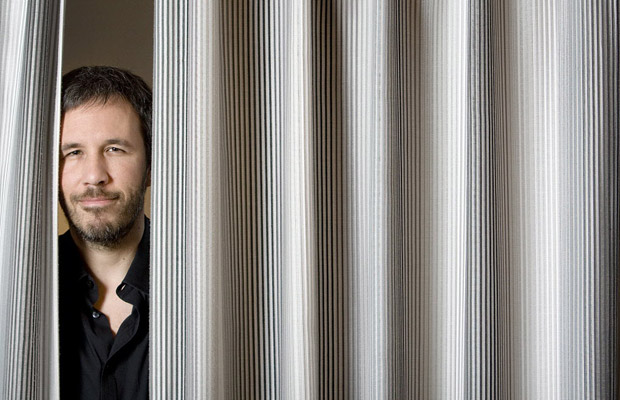Incendies floored me from the very first scene. It’s an extraordinary moment of big-screen poetry as we watch a room full of kids being prepared for war and, as they have their heads shaved, the ethereal yet jagged sound of Radiohead’s You and Whose Army? adds real poignance to the sequence.
In the space of a couple of minutes, Montreal filmmaker Denis Villeneuve brilliantly sets the tone for what follows. It’s a heartbreaking snapshot of the ultimate horror of sectarian conflict – turning children into gunmen – but there’s still a harsh beauty to the portrait.
There is a lot more horror to come in the next two hours of Incendies as Villeneuve takes us deep into the darkest moments in a bloody civil war that is more than a little reminiscent of the strife that tore apart Lebanon in the 1970s. But like Villeneuve’s previous film, Polytechnique – another exploration of rage at its most primal – there is at least a sliver of hope here, a notion, however idealistic, that it might finally be possible to stop the cycle of hatred.
Villeneuve – who wrote and directed this adaptation of the acclaimed 2003 Wajdi Mouawad play – has made a real masterwork, and it’s so heartening to see that it’s already garnering more international attention than any Quebecois film in years.
This modern-day Greek tragedy begins with a death, which also serves as the start of a sort of detective story. Nawal Marwan (Lubna Azabal) has left two letters with her notary, Jean Lebel (Remy Girard), which he has been instructed to present to her twin children in Montreal, Jeanne (Melissa Desormeaux-Poulin) and Simon (Maxim Gaudette). Jeanne is given an envelope that she is to deliver to her father, who both kids believed was long-dead, and Simon is to deliver the other letter to a brother they didn’t know existed.
That leads to a huge argument between the siblings. Simon is in a white rage and says he’ll have nothing to do with his mother’s last wishes. He’s fed up with dealing with her neurosis. But Jeanne, a mathematician, is intrigued by this puzzle and she soon sets off for the unnamed country in the Middle East where their family’s from. (Shot in Jordan, the country remains fictional, just like in the play, but it’s clearly modelled on Lebanon, Mouawad’s homeland.)
From there, Villeneuve shifts back and forth in time, hopping from Nawal’s early life to her daughter’s present-day quest to unravel the mysteries of her family.
Nawal comes from a Christian background, but she isn’t willing to side with her family in the violent conflict between Christians and Muslims in their country, and she pays a huge price for that. It’s a sometimes dizzyingly complex narrative, but Villeneuve is smart enough to keep focused on the essence of this story about sectarian hatred and family bonds that cannot be broken.
Azabal – a Belgian actress of Moroccan origin – is simply astonishing as Nawal, giving ferocity to this portrayal of a woman who won’t give in to anyone. Gaudette, who played the killer in Polytechnique, is also very good as the son who is reluctant to delve into this family history, and Girard is a real presence in a relatively small role as the notary who helps guide them through this odyssey. But the revelation here is Desormeaux-Poulin as Jeanne. This actress, best-known in film for the forgettable teen series A vos marques … Party!, brings a remarkable force to this young woman who goes to hell and back to find out what made Nawal such a troubled mother.
Kudos goes to cinematographer Andre Turpin for capturing the terrible beauty of this drama in images, but in the end, the real credit has to go to Villeneuve for taking this rich, complicated play and transforming it into a devastatingly powerful film that isn’t the least bit theatrical.
Incendies








Comments